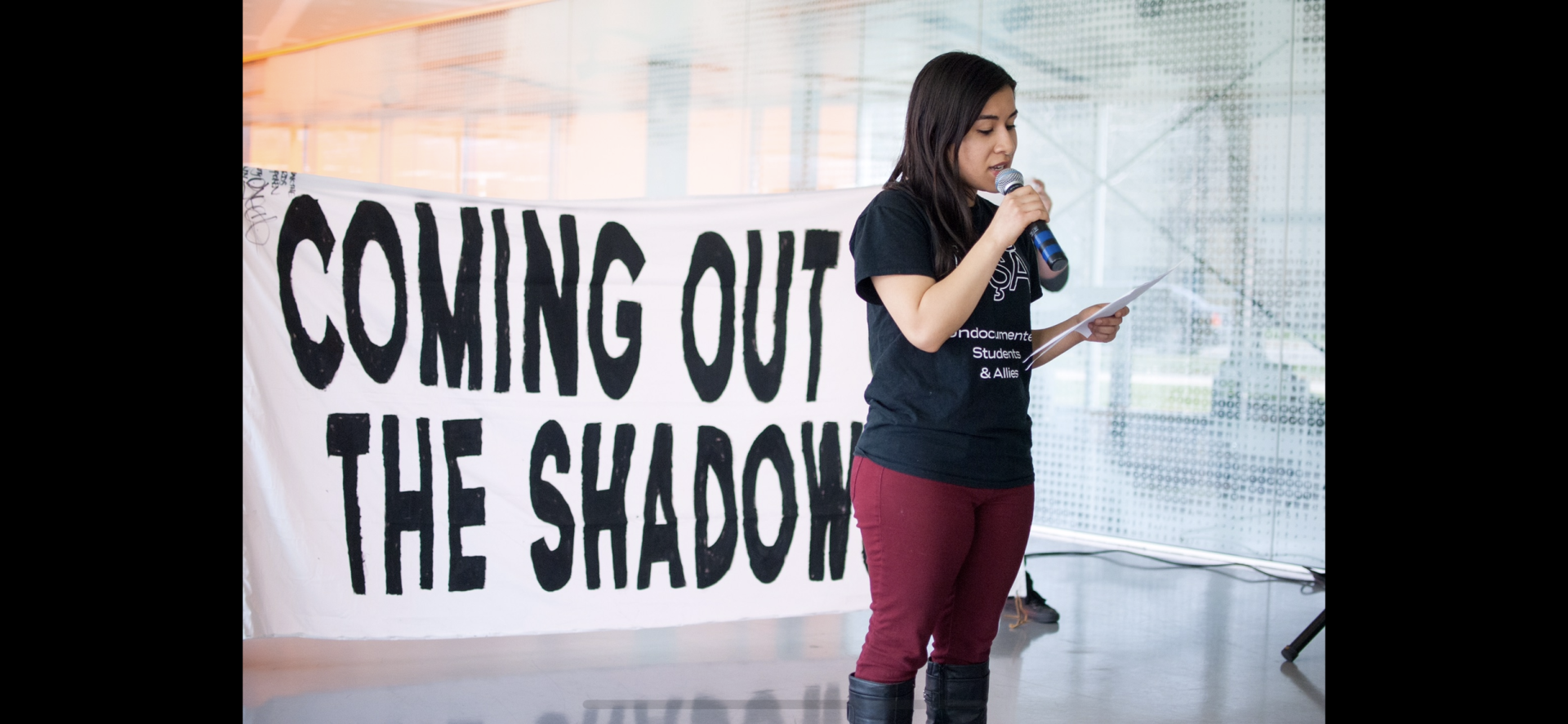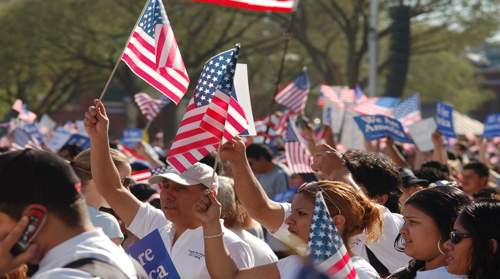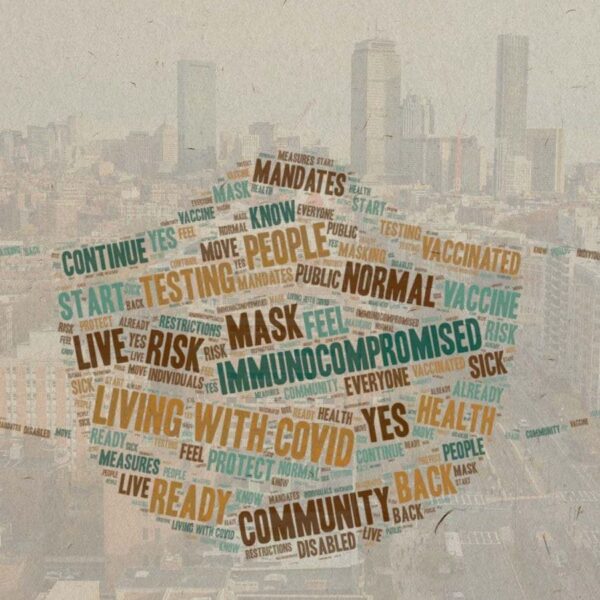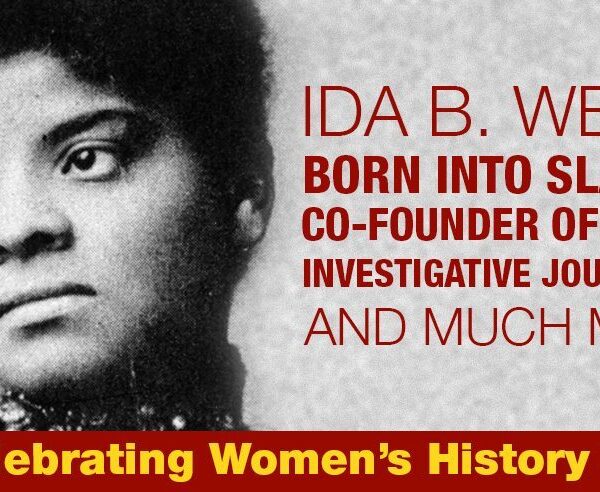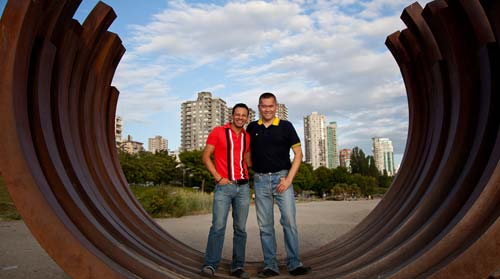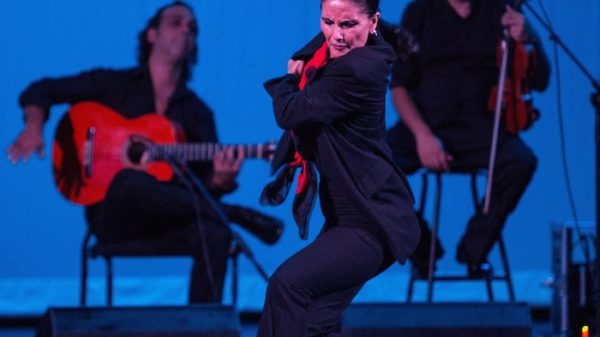Editor’s note: Kresge’s Equity Task Force and Immigration Learning Group recently partnered to host an internal panel discussion titled “Reframing Immigrant Heritage Month.” The panel included staff who are immigrants, children of immigrants, or those who work on issues related to immigration. Panelists shared the current state of immigration policies, national immigration narratives and what has made those possible. They also shared their personal journeys, the ways in which immigrant experiences have impacted them, and how race, place and privilege play a role in the way they navigate the world.
Magazine, The Immigrant Experience, The Kresge Foundation
In the commentary below, Education Program Fellow Joselin Cisneros shares her immigration journey.
I was born in Cuernavaca, Morelos Mexico, and moved to Chicago with my family at the age of 6. My mom made the difficult decision to leave her family and friends, her entire support system in Mexico, to reunite with my dad. My dad had left two years prior because they could barely provide food on the table for my two brothers and me. Leaving Mexico was a very difficult decision for my parents, but they also knew that we would not survive with the little money they were making as my dad working as a taxi driver and my mom selling food.
Although I was only 6 years old when we crossed the United States border, I remember parts of our journey, including getting stopped by an immigration officer who placed us in jail for a day, my older brother carrying me on his shoulders, and the smuggler who helped us cross stealing our luggage. I remember understanding that I was leaving everything, including my friends and my family, but I didn’t quite understand the implications of our move. All I knew was that everything was going to be different.
I did not know that I would be considered an “undocumented immigrant” and that many rights would be stripped from me, or that I would encounter a culture clash. I finally understood what it meant to be an undocumented immigrant when I was unable to apply for a driver’s license; unable to find a job because I did not have a social security number; unable to get health insurance; unable to travel without facing the risk of deportation; and unable to apply for federal or state aid.
At the age of 8, I vividly remember understanding what it meant to be an immigrant when I had to translate documents for my parents from Spanish to English because there was no staff who spoke Spanish.
Achieving the ‘American Dream’
I was told by my teachers and others that the American dream was achievable if you worked hard enough. So, I decided to work really hard to get excellent grades and got involved after school so that I could be at the top of my class. I even remember getting in trouble with the school custodian because my friends and I stayed too late to study in school. But the reality was that the American dream was not created for everyone.
Although I was accepted to all the institutions of higher education that I applied for, I was unable to afford it because I was ineligible for federal and state aid. Getting to and through college was one of the biggest challenges as I had to fight at every turn. I went to three different institutions until I was finally able to get my degree, but there were many times I wanted to quit. It is no wonder that on average, less than five percent of undocumented students pursue a college degree.
Lessening the Burden of Undocumented Students
Even though being undocumented posed many challenges in my life, it is also what influenced me to become a college advisor to help other undocumented students get to college and lessen their burden.
Being undocumented also influenced me to get involved with other undocumented students in activism from a very young age. I participated in the first National Coming Out of the Shadows Day in 2010, where undocumented immigrant youth “came out” as “undocumented and unafraid.” It was help in Chicago when I was a freshman in college, and we marched on the streets shouting that we were no longer complacent with being invisible, asking for legislation that would protect the hundreds of undocumented people in this country who had been left in the shadows for too long.

